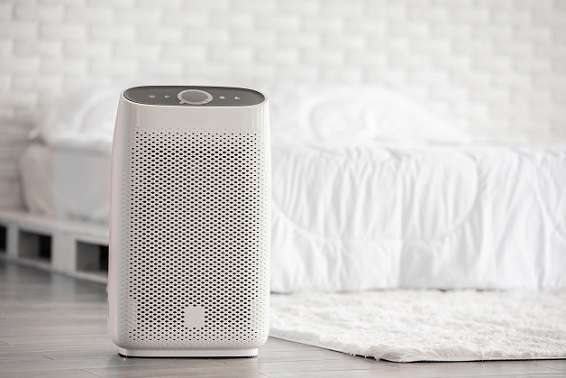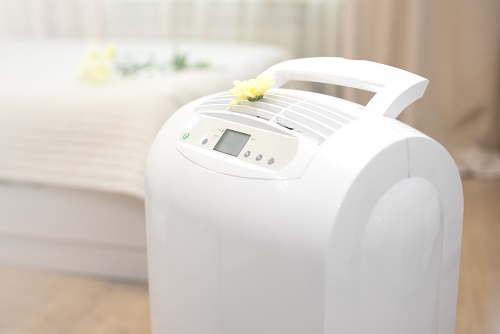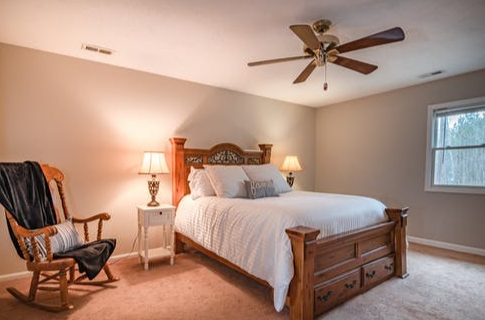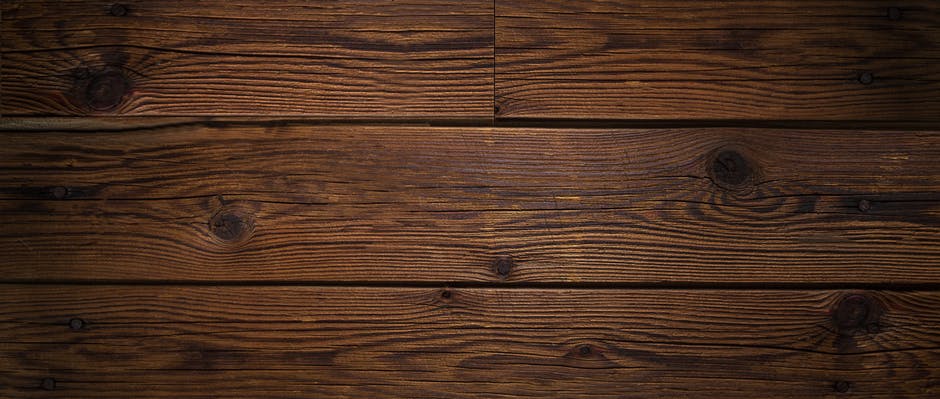Air filters are often incorporated into new home plans, but even homeowners are not always knowledgeable about how air filters work or even what their actual purpose is. Since the safety of indoor air is a major concern for homeowners, it is important to be more informed about air filters.
Read on to find out more about air filters and their function within your home.
Reasons For Needing An Air Filter In Your House
If someone in your family has lung problems or breathing issues, one possible solution is to install an air filter system within the house. An air filter system is sometimes known as an air purifier system because it is supposed to remove very small indoor air pollutants such as dust, smoke, odors, and even tiny bits of pet hair. By doing that, the air filter system is meant to make the indoor air cleaner.
How Air Filters Work
Basically, an air filter or air purifier system is fitted with either one filter or multiple filters. These filters serve as barriers so indoor air pollutants will get sucked in by a fan and get trapped within the filter system. The air itself will then be moved out of the air filter system and sent back to the indoor space. This way, the entire household will be able to breathe cleaner air.
The filters are made of “breathable” materials through which pollutants cannot pass. Some materials that are used to make filters are paper and fine fiberglass. Certain filters nowadays can be washed and reused, but some air filters cannot be reused so they need to be replaced on schedule to enable the air filter system to keep functioning at optimal capacity. To make sure that your air filters will be changed regularly, you can set up reminder such as programming your computer to warn you when it is time to change the filters.
Choose The Most Suitable Air Filter System
Air filter systems do not remove all possible indoor air pollutants. The type of filter the system uses may not be able to absorb gaseous pollutants like volatile organic compounds, or even allergens such as pollen and fine dust that are already clinging to your furniture fabric or carpets. For this reason, you will probably need an air filter system whose filters may be replaced ever so often – like every three months, for example – to sustain the cleanliness of the indoor air. It is advisable to select a system whose filter can remove particulates as small as 0.3 microns at maximum capacity.
There are systems that are better than others at purifying your air because of the type of filter they are fitted with. Some manufacturers may claim that their air filters can “kill” indoor pollutants like viruses and bacteria, but you need to check first if they are legitimate claims.
You will also have to factor in the size and noise emission of your air filter system. For best results, the system may have to be installed in a part of your house, such as the living room, where most family members tend to congregate daily. If you don’t mind the noise level, this is where you probably need the air filter system the most.
How Much Will An Air Filter System Cost?
Although buying an air filter system is not that expensive, it is the installation and maintenance costs that need careful consideration. Take note that your air filter system will be running at maximum capacity nearly round the clock since your family has to be protected all the time. So that might cost you at least $50 per year, maybe more depending on which type of system you installed. Then you will have to replace filters too, so that will cost another $100 at minimum, sometimes more than that if the indoor air quality is really not good.
Conclusion
Not every home has an air filter or air purifier system, but if there is someone in your household who needs significantly cleaner air, you may need such a system to remove indoor air pollutants. The type of filter in your system determines to a great extent how much of the indoor air pollutants can be removed. The size of the indoor air particulates will also influence how well the system works, since some particles could be smaller than the “holes” within the filters, and thus remain in the air even after filtering. So consider your circumstances before opting for a particular air filter or system.












